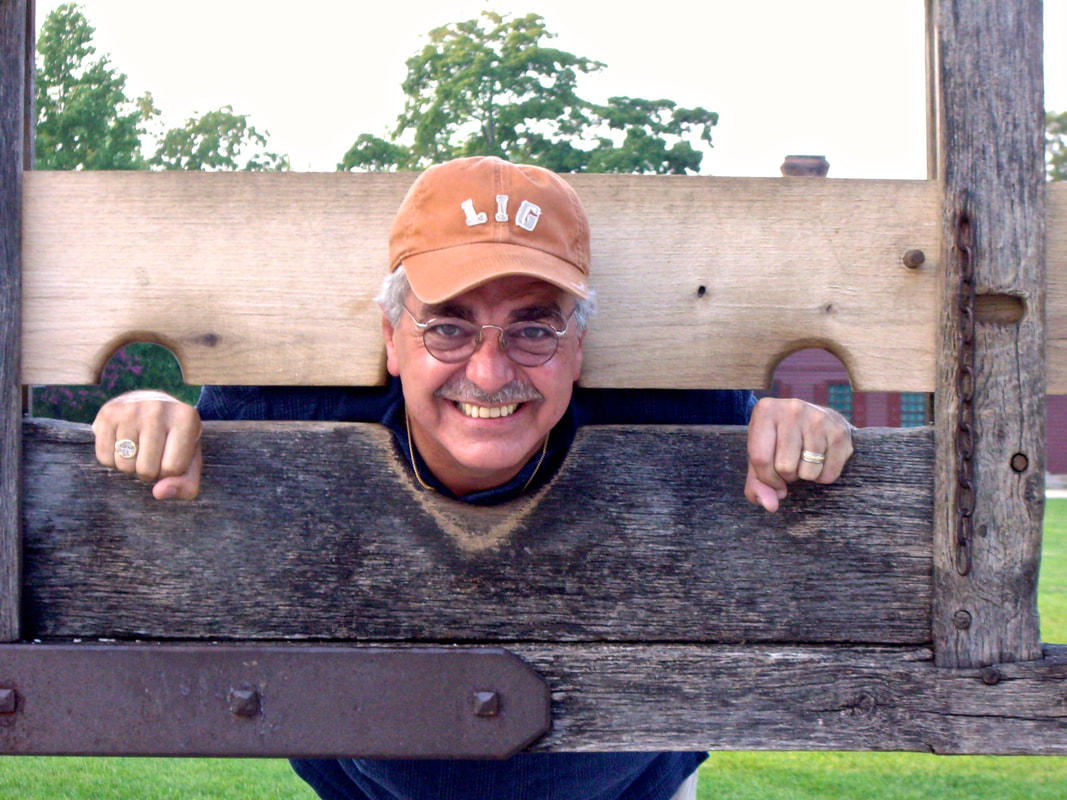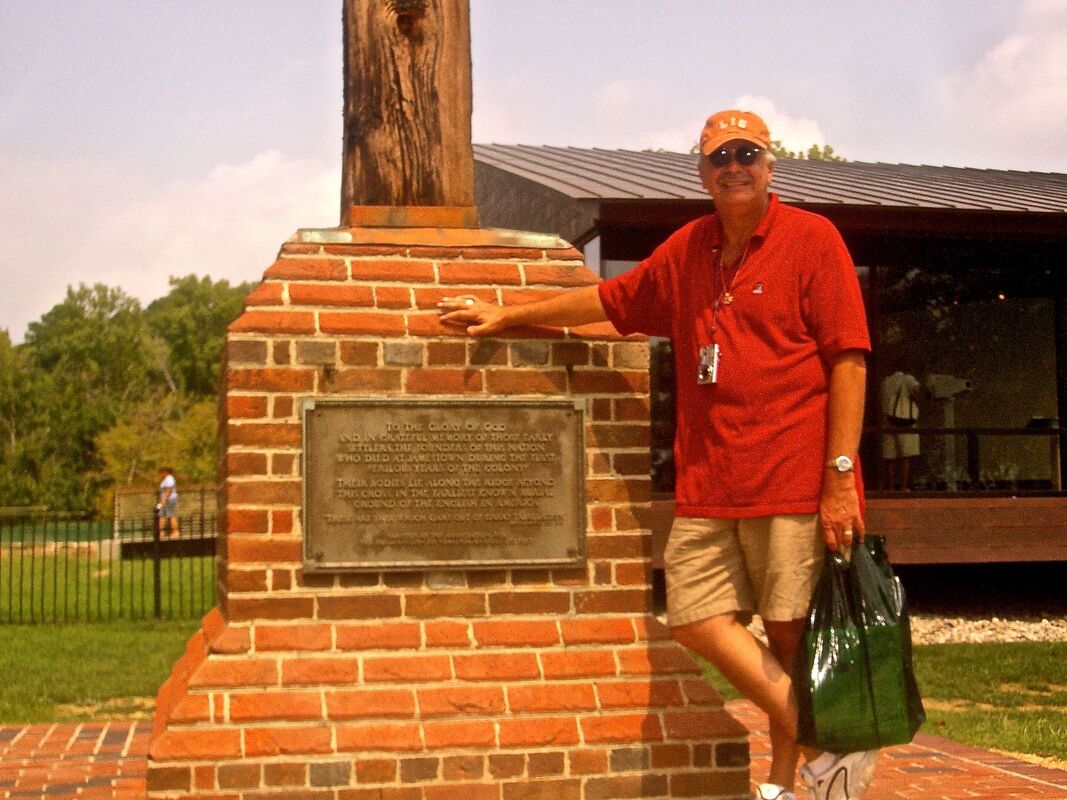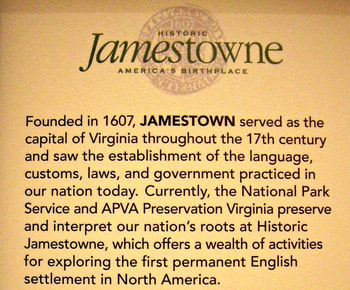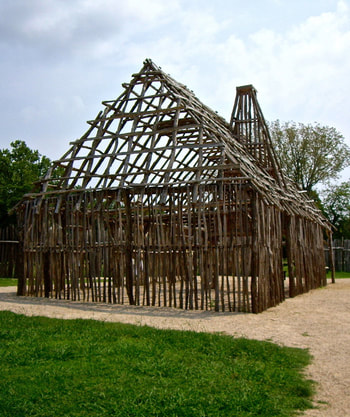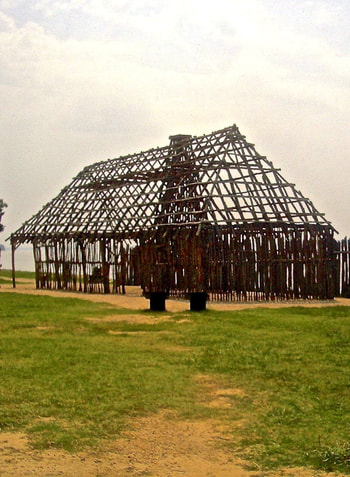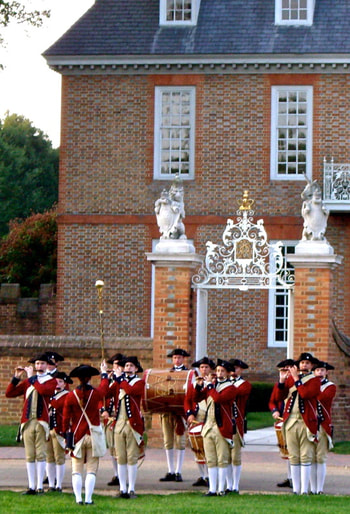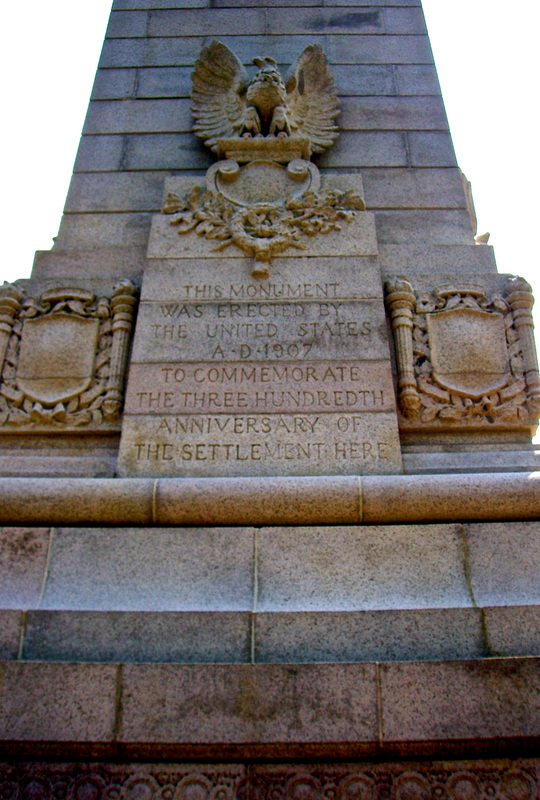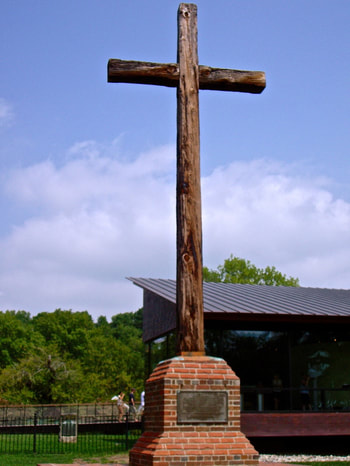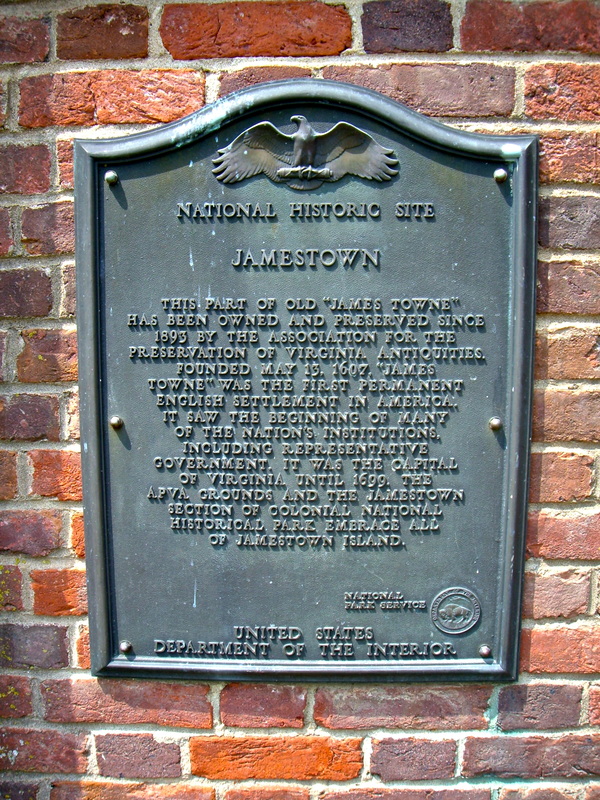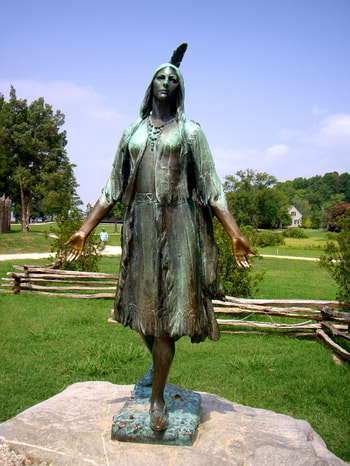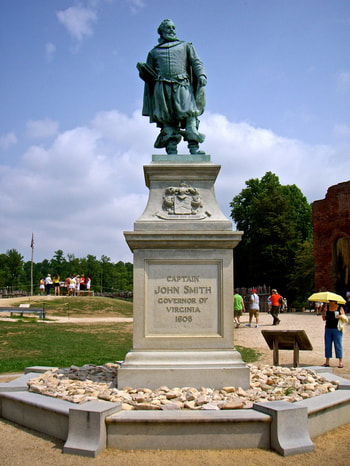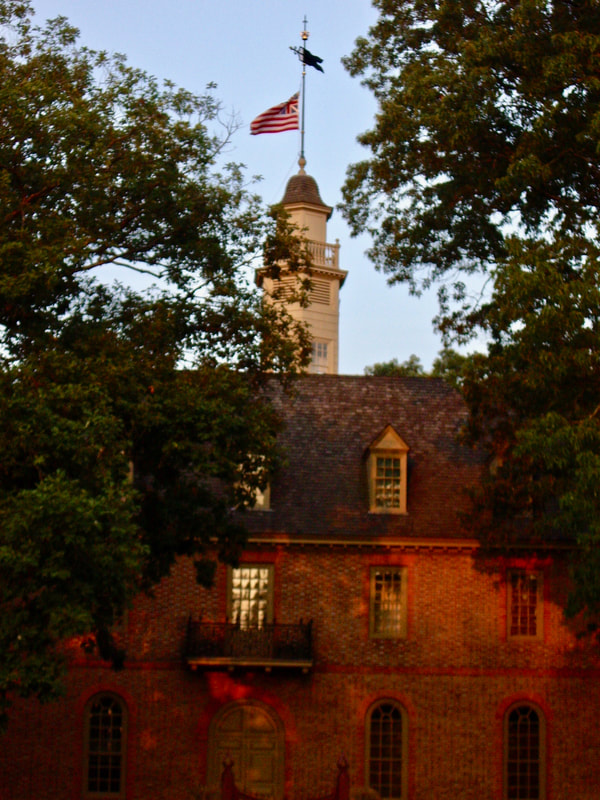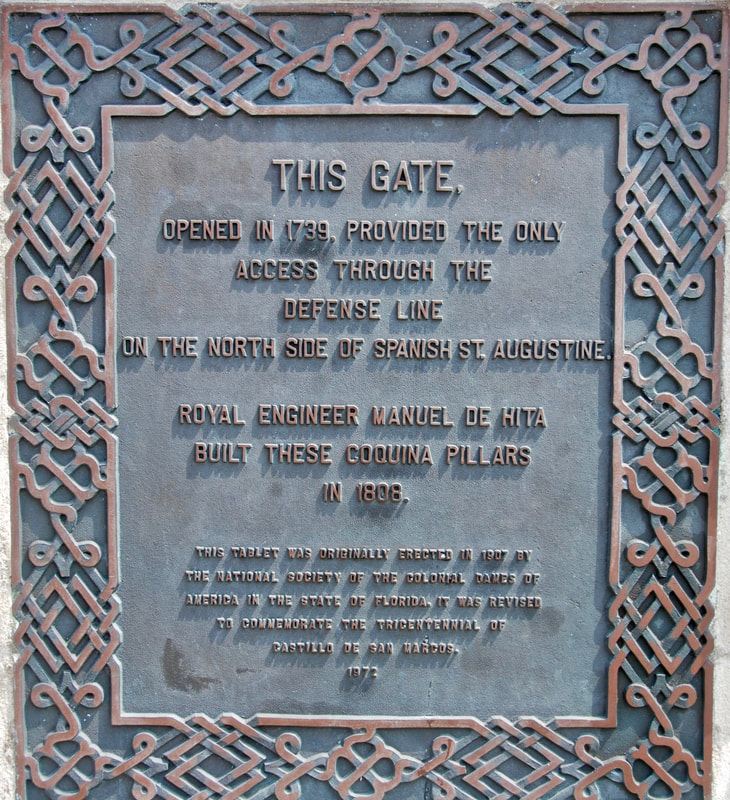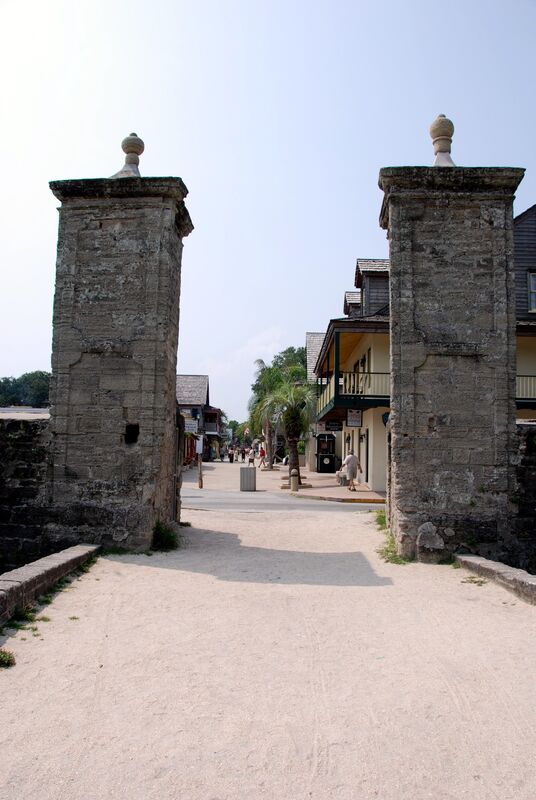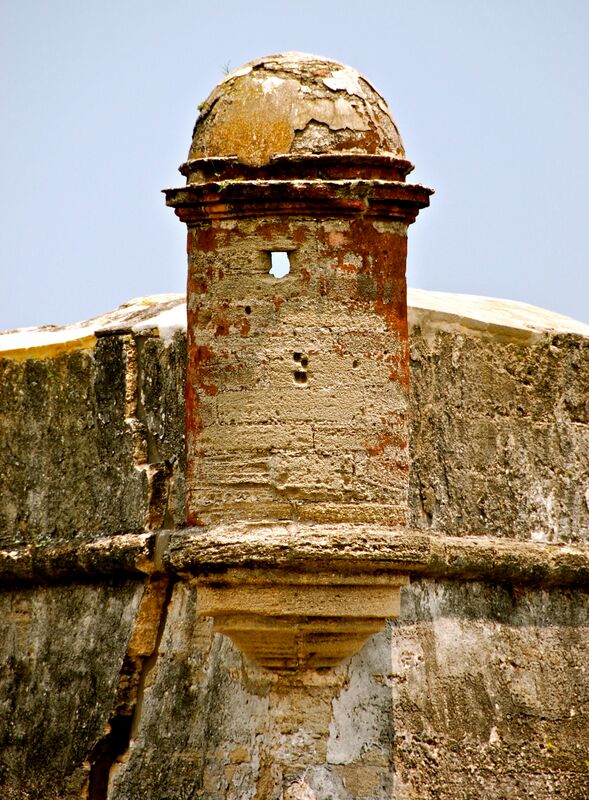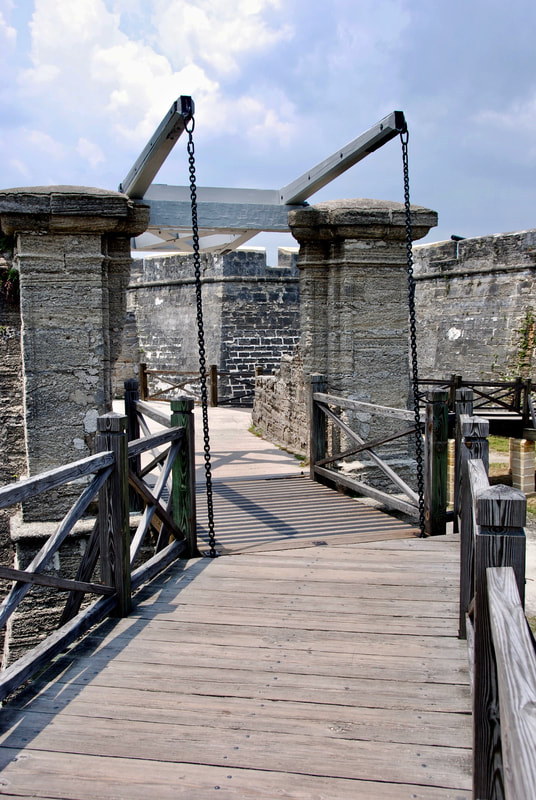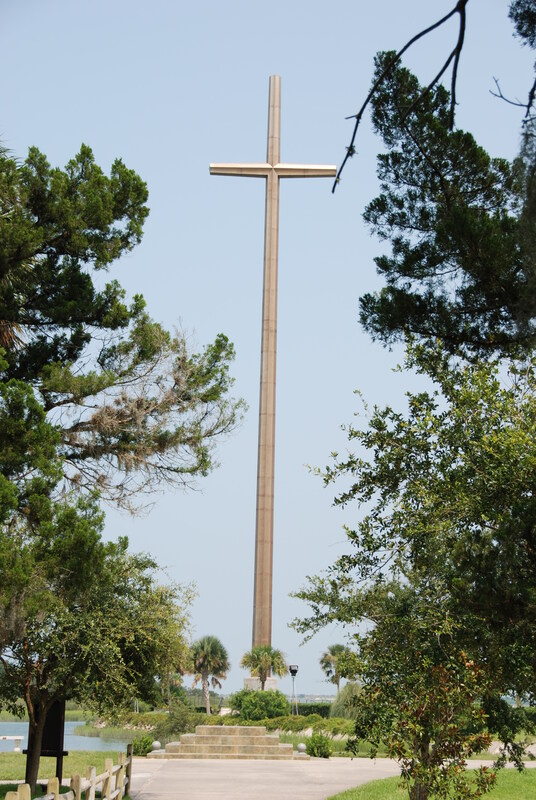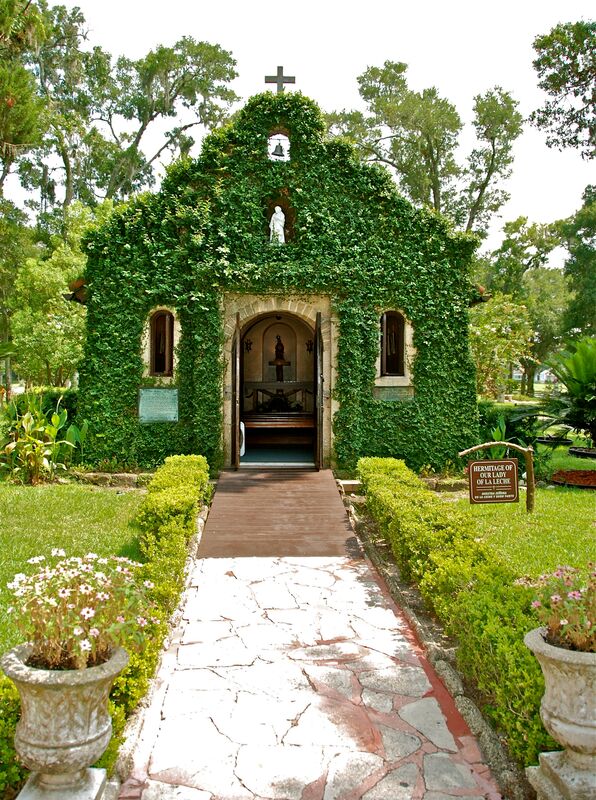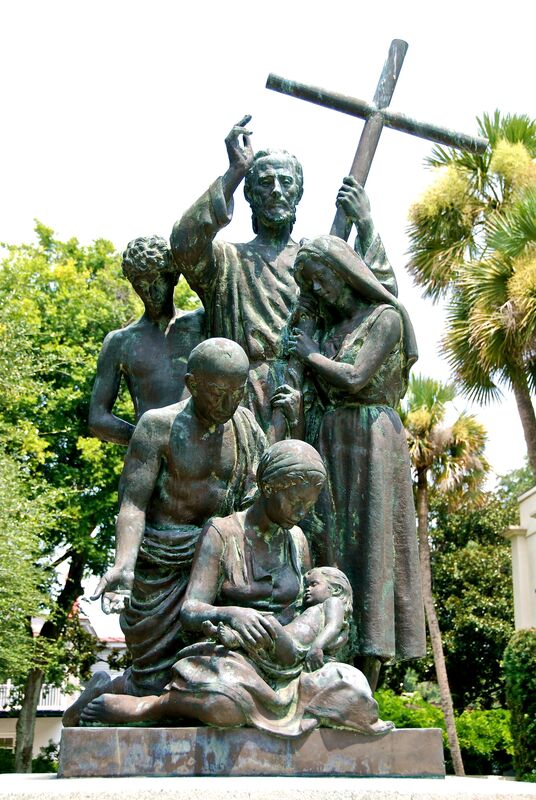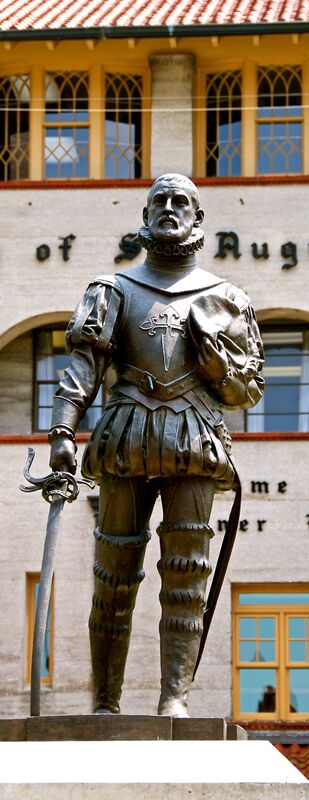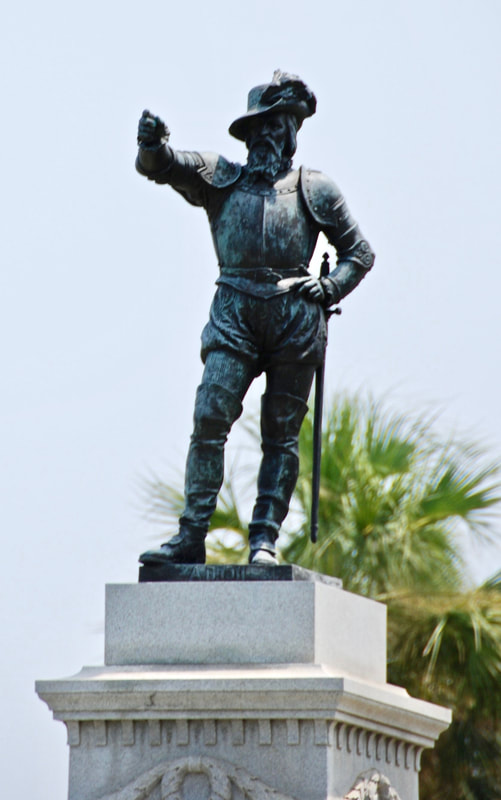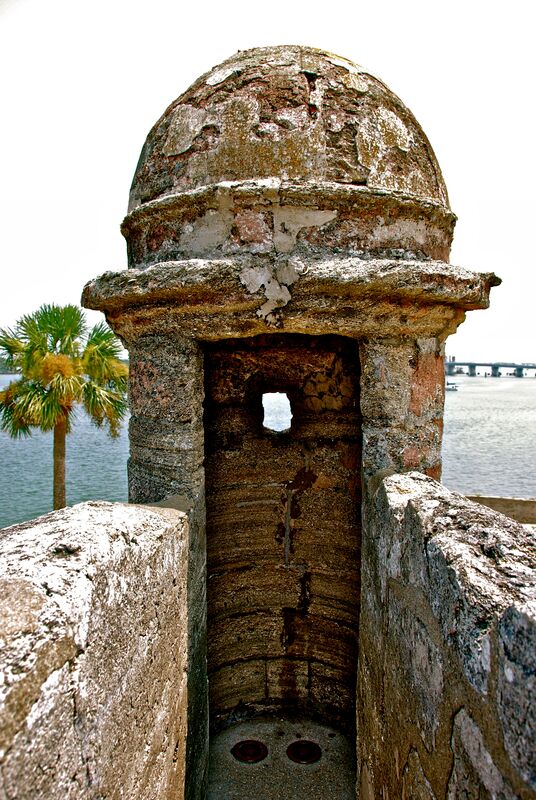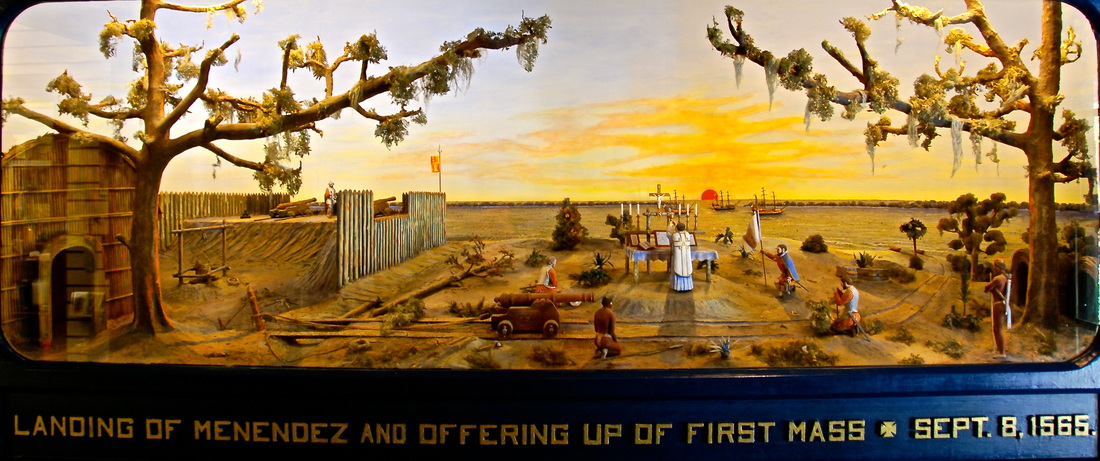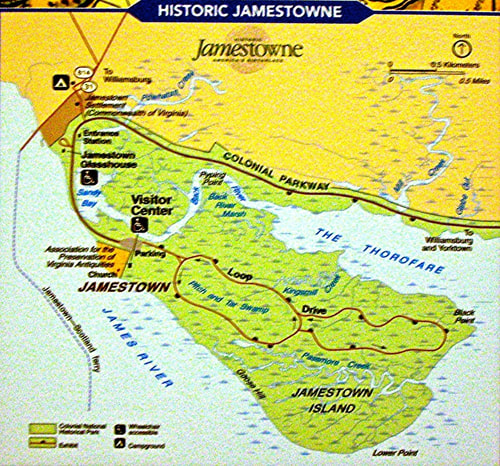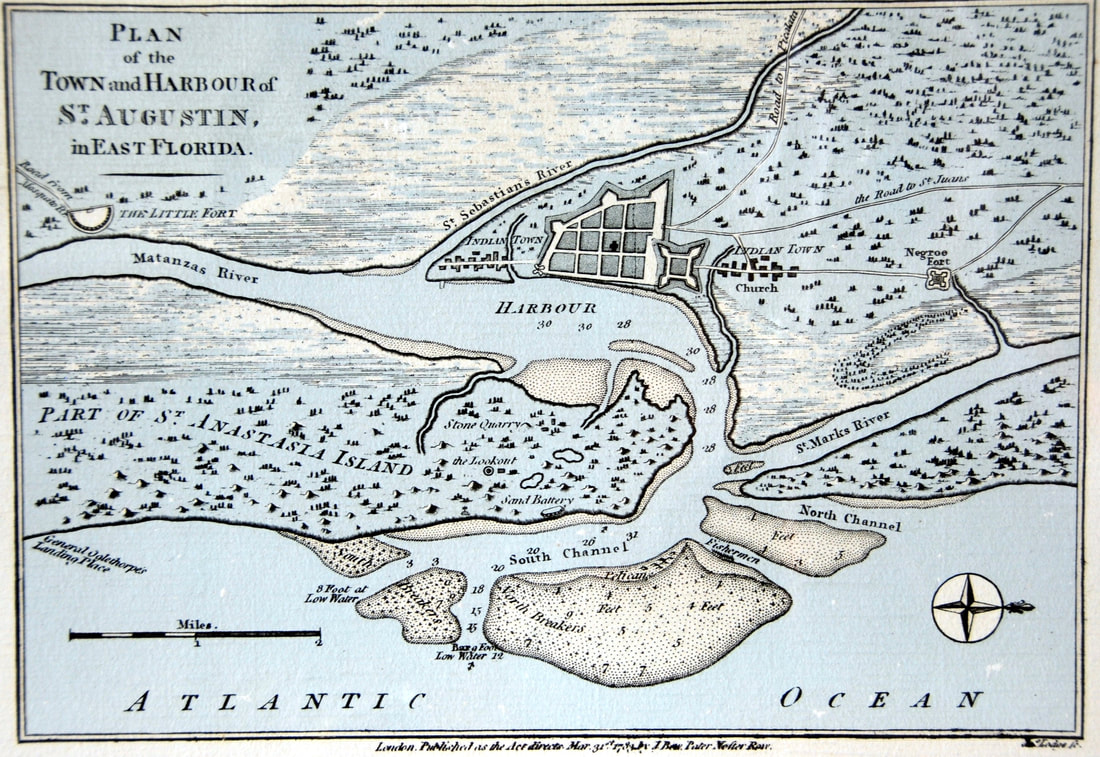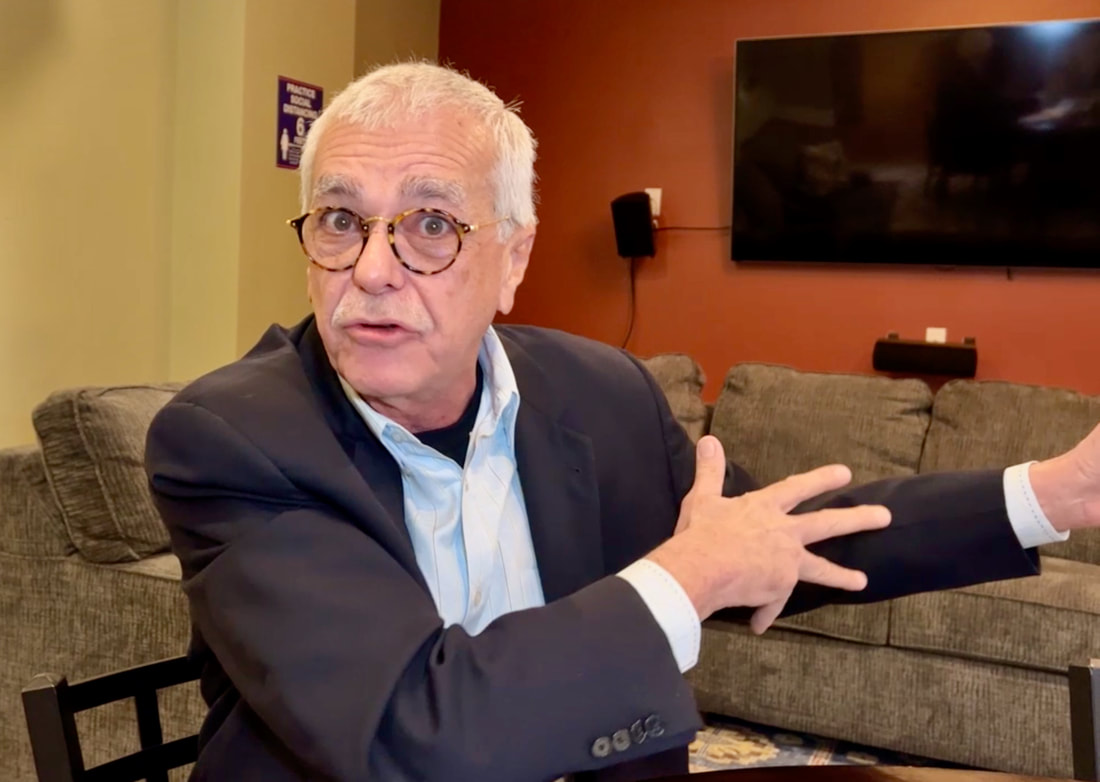2. A Tale of Two Cities . . .
En español: Un Cuento de Dos Ciudades |
. . . Jamestown . . . St. Augustine
|
|
|
|
By Miguel Pérez
December 18, 2007 - Which came first: the Spanish conquistadors or the British colonists? Jamestown or St. Augustine? The Spanish language or the English language? Hernando De Soto or Lewis and Clark? Figuring out the answer to all those questions is much easier than the old puzzle about whether the chicken or the egg came first. Nevertheless, if your education is based on U.S. history books and school curricula, perhaps finding those answers is not as easy as it should be. It all depends on when you begin counting American history. If you begin with the British, as most historians have chosen to do, you omit almost a century of Spanish exploration and colonization of North America. And perhaps that's why there is so much apprehension regarding Latinos/Hispanics and their language in this country nowadays. Many Americans simply don't know that Hispanics have a very long history of planting language and cultural roots in what is now U.S. territory. Hispanics also have a huge record of very positive and unappreciated contributions to American society. In the interest of reawakening perhaps-lost knowledge and reminding my fellow Americans that Latinos should not be assumed to be illegal immigrants or even foreigners, this column occasionally will rewind to the past to fill the gaps in the history books and the classrooms and to explain why Latinos/Hispanics have many reasons to be proud Americans. American history books make us feel proud of the courage, determination and exploration feats of Lewis and Clark, who led the first American overland expedition from the East to the Pacific coast and back from 1804 to 1806. But those same books generally ignore the fact that 250 years earlier, Spanish conquistadors explored both U.S. coasts and most of the Southeast and Southwest. For example, in 1539 Hernando De Soto and his men sailed from Cuba and came north to explore the territory that later became Florida, Georgia, South Carolina, North Carolina, Tennessee, Alabama, Mississippi, Arkansas and Louisiana. De Soto was buried in the Mississippi River in 1542, long before the British arrived in Jamestown, Va. When you go to Jamestown, you are struck immediately by the town's nickname. It's a blatant distortion of history, but they call it "America's Birthplace." While visiting the site of the first British fort, you are told tactfully that you are visiting the first permanent British settlement in the territory that later became the United States, but they neglect to tell you that there were other non-British settlements before Jamestown was born in 1607. Unless you go with your own education, you are misled into believing that you are walking through the grounds of America's oldest city. Of course, there is only one problem with that: St. Augustine, Fla., was established by Spanish explorers in 1565, almost 42 years earlier. In fact, the first Europeans to land on what is now U.S. territory were the men led by Juan Ponce de Leon, who discovered and named "La Florida" in 1513. Ponce de Leon didn't stay in Florida, but Pedro Menendez de Aviles and his men came back to settle St. Augustine in 1565. It was the Menendez de Aviles delegation that held America's first Thanksgiving, an event cited recently in the first part of this occasional series on Latino-American history. I know; American history only tells us about the Thanksgiving celebrated in the Plymouth, Mass., colony in 1621. But in 1565, Spanish priests celebrated the first Mass on U.S. soil, and the conquistadors shared a Thanksgiving feast with the natives. In May, President Bush and the queen of England went to Jamestown to celebrate the settlement's 400th anniversary. It made a lot of headlines. But there were few headlines when St. Augustine celebrated its 442nd anniversary in September. When I visited St. Augustine this summer, I had a chance to interview Harry Metz, the official historian at the Fountain of Youth National Archaeological Park. "So what's with Jamestown claiming that it is America's birthplace?" I asked him. "We tell a joke around here," he chuckled. "When they were building Jamestown, we were going through urban renewal." COPYRIGHT 2007 CREATORS SYNDICATE INC. |
Jamestown: |
St. Augustine: |

